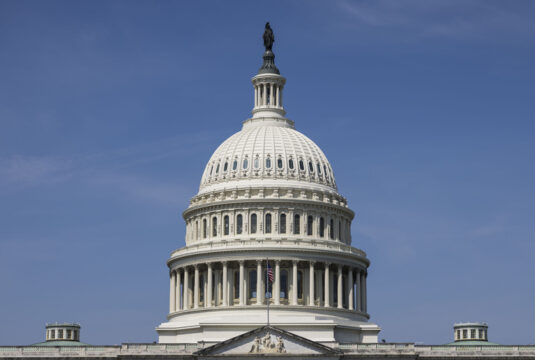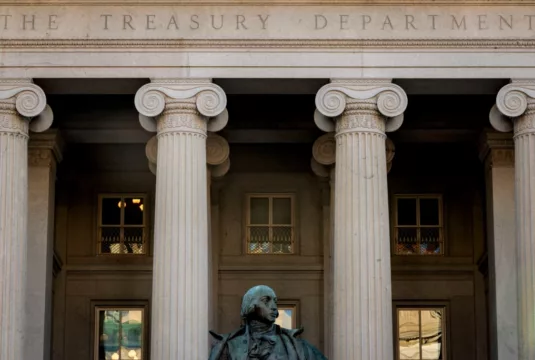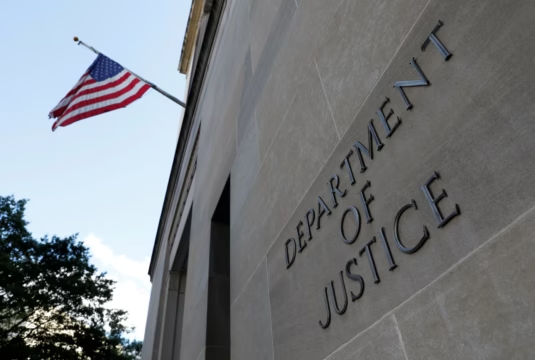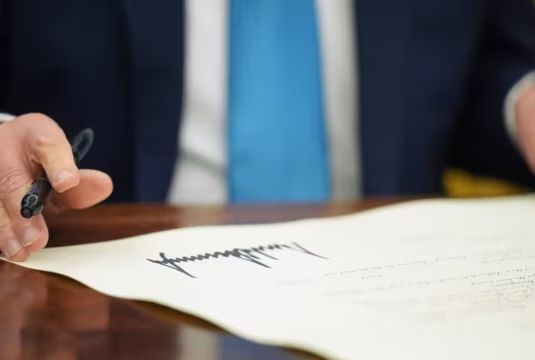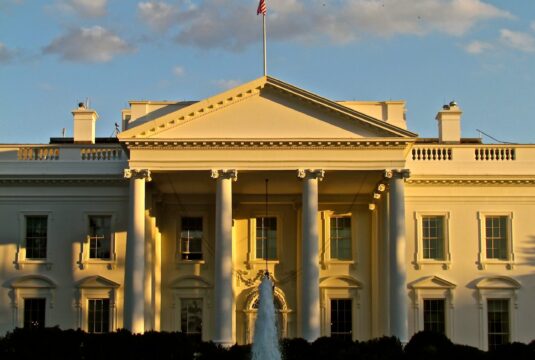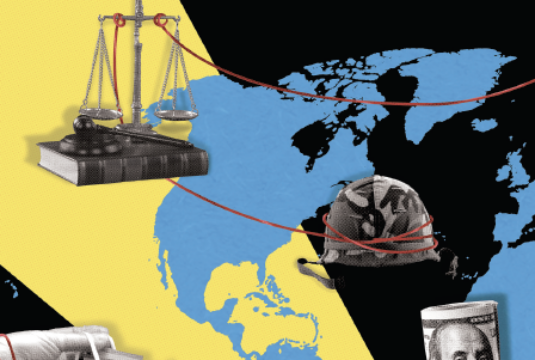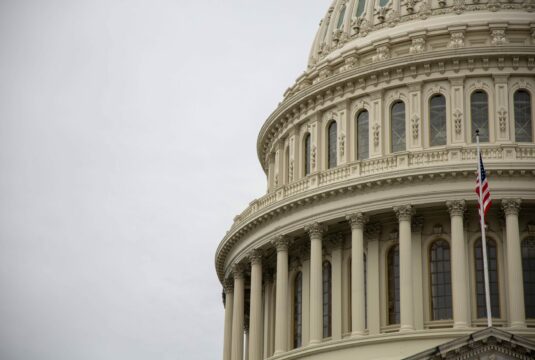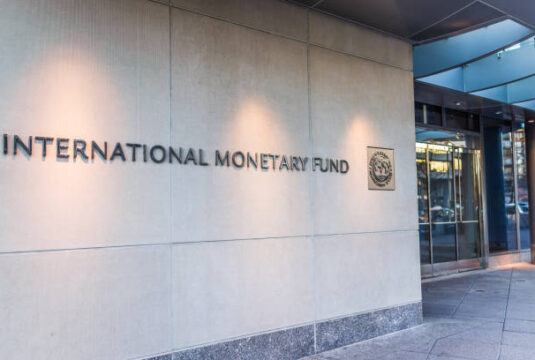Transparency International Releases Latest Corruption Perceptions Index
U.S. Score Dips Amid Concerns Over Judicial Ethics
A statement from Transparency International U.S.
February 11, 2025
Washington, D.C. – The 2024 Corruption Perceptions Index (CPI), released today by Transparency International (TI), scored the U.S. a 65 out of 100, marking a slight decline in the country’s ongoing struggle against perceptions of corruption. The U.S.’s score represents a single year drop of 4 points, after a few years of stagnation and one year (2023) of modest gains.
The CPI is the most widely used global corruption ranking in the world. The CPI ranks 180 countries and territories by their perceived levels of public sector corruption, and considers factors such as bribery, diversion of public funds, judicial integrity and independence, and the use of public office for private gain. The scale runs from 0 (highly corrupt) to 100 (very clean).
While several indicators that went into this year’s CPI score for the U.S. increased (signaling a corresponding decrease in perceived corruption), one indicator focused on the perceived ethics and independence of the judiciary dropped substantially, causing an overall drop in the U.S. score compared to previous years. High-profile and widely publicized ethics scandals at the U.S. Supreme Court resulted in a new ethics code at the high court, but serious questions about the absence of a meaningful, objective enforcement mechanism for the code, and the strength of the new rules themselves, undermine the credibility of the change.
“Our judiciary should serve as a reliable bulwark against corruption by holding accountable the political branches of government—especially when history suggests there is greater risk,” said Gary Kalman, Executive Director of Transparency International U.S. (TI US). “Unfortunately, worrisome conflicts of interest at our highest court have undermined confidence and led to near-historic low levels of support for the Court among the public.”
This year’s CPI theme focused on the nexus between corruption and climate change. For the United States, and with implications for other nations around the world, the report noted that:
Against a backdrop of record-breaking global warming and extreme weather events, a new era of American politics and a retrenchment of global climate leadership, the world has its back against the ropes in its fight against climate change.
The impact of corruption on efforts to address the climate crisis has been largely overlooked, hindering progress in reducing emissions and adapting to the effects of global warming.
“With global funding goals in the trillions, expenditures for projects aimed at transitioning to cleaner energy and adapting to a warming planet are high-risk targets for theft and diversion,” explained Kalman. “Strong governance and accountability measures must be built into every project contract for the world to meet its climate goals.”
CPI Global Highlights
Looking at this year’s data and trends, researchers found:
- Over 120 countries covered by the CPI, or more than two-thirds of the sample, still get a score below the mid-point of the scale (50 out of 100).
- The global average for the CPI is 43, and over half of countries (56 percent) score below it.
- Over the past decade, 24 countries have significantly improved their scores in the index and are now seen as less corrupt than in 2015. Over the same period, 32 countries experienced significant losses and are seen as less able to control corruption than a decade ago.
- Denmark topped the list with a score of 90. South Sudan was at the bottom with a score of 8.
Financial Centers as Facilitators of Transnational Corruption
Advanced economies of Northern and Western Europe, North America, and Asia Pacific have tended in the post-WWII years to have stronger rule of law, better functioning democratic institutions, greater political stability, and less low-level corruption. Unfortunately, this has made these countries attractive to corrupt actors from around the world when choosing where to launder and invest their ill-gotten gains for safekeeping.
Importantly, as a measure of perceived public sector corruption at the national level, the CPI does not capture the extent to which countries facilitate transnational corruption.
In the U.S., recent significant policy advancements have improved the nation’s ability to address transnational corruption. The most notable reforms are the passage of the Foreign Extortion Prevention Act in 2023 to expand foreign anti-bribery efforts, the implementation of the Corporate Transparency Act in 2024 to combat the corrupt abuse of anonymous shell companies, and the adoption of rules in 2024 to identify and counter corruption risks in the U.S. residential real estate and private investment sectors. Robust utilization of these tools will be necessary to realize their full potential.
We would also urge the Administration to reinstate the Department of Justice’s KleptoCapture Task Force and the Kleptocracy Asset recovery Initiative as critical information sharing and enforcement mechanisms supporting efforts to counter transnational corruption and crime.
While these advancements represent a sea-change in the U.S.’s ability to address its own role in facilitating transnational corruption and actively combating it, additional critical safeguards are needed. “Cracking down on American enablers of corruption—especially the lawyers, accountants, and other financial service providers who have helped facilitate the movement of stolen money out of China, Iran, and other U.S. adversaries into the United States—is a national security priority of the highest order,” said Scott Greytak, Advocacy Director for TI US. “Bipartisan recognition of this threat and support for legislation that would address it has revealed a rare opportunity for the U.S. to take action on this front.”
###
TI US is part of the world’s largest coalition against corruption. In collaboration with national chapters in more than 100 countries, we are leading the fight to turn our vision of a world free from corruption into reality.
Related Resources
- Read the 2024 Corruption Perceptions Index;
- Read TI US’s statement on the DOJ memorandum concerning the KleptoCapture Task Force and Kleptocracy Asset Recovery Initiative;
- Read TI US’s factsheet on regulating the professional enablers of corruption.
Media Contact
Gary Kalman, Executive Director, Transparency International U.S.
Telephone: +1 215 439 7090
Email: gkalman@us.transparency.org
Twitter: @TransparencyUSA




